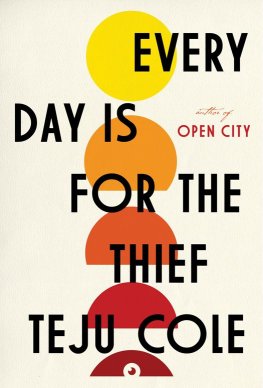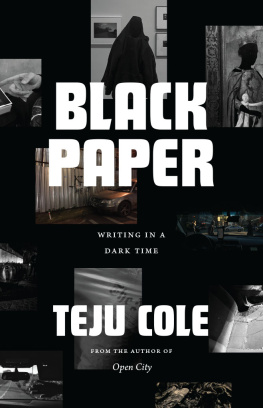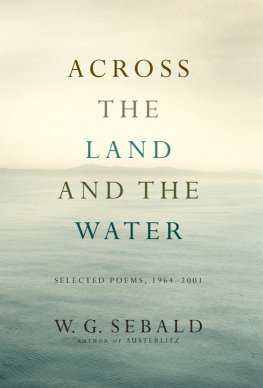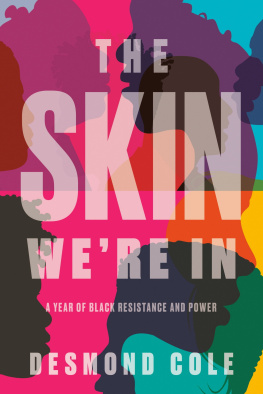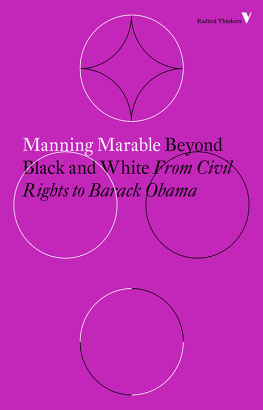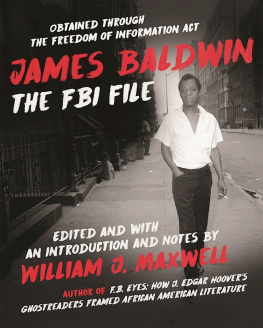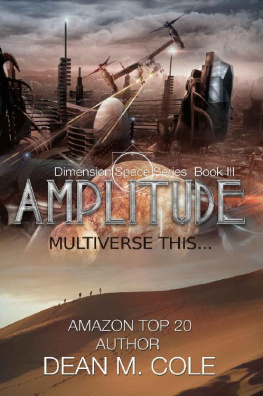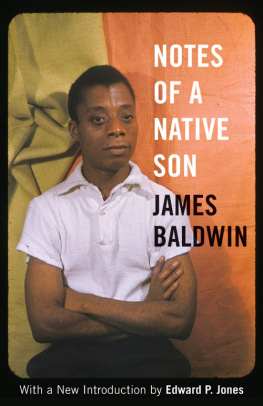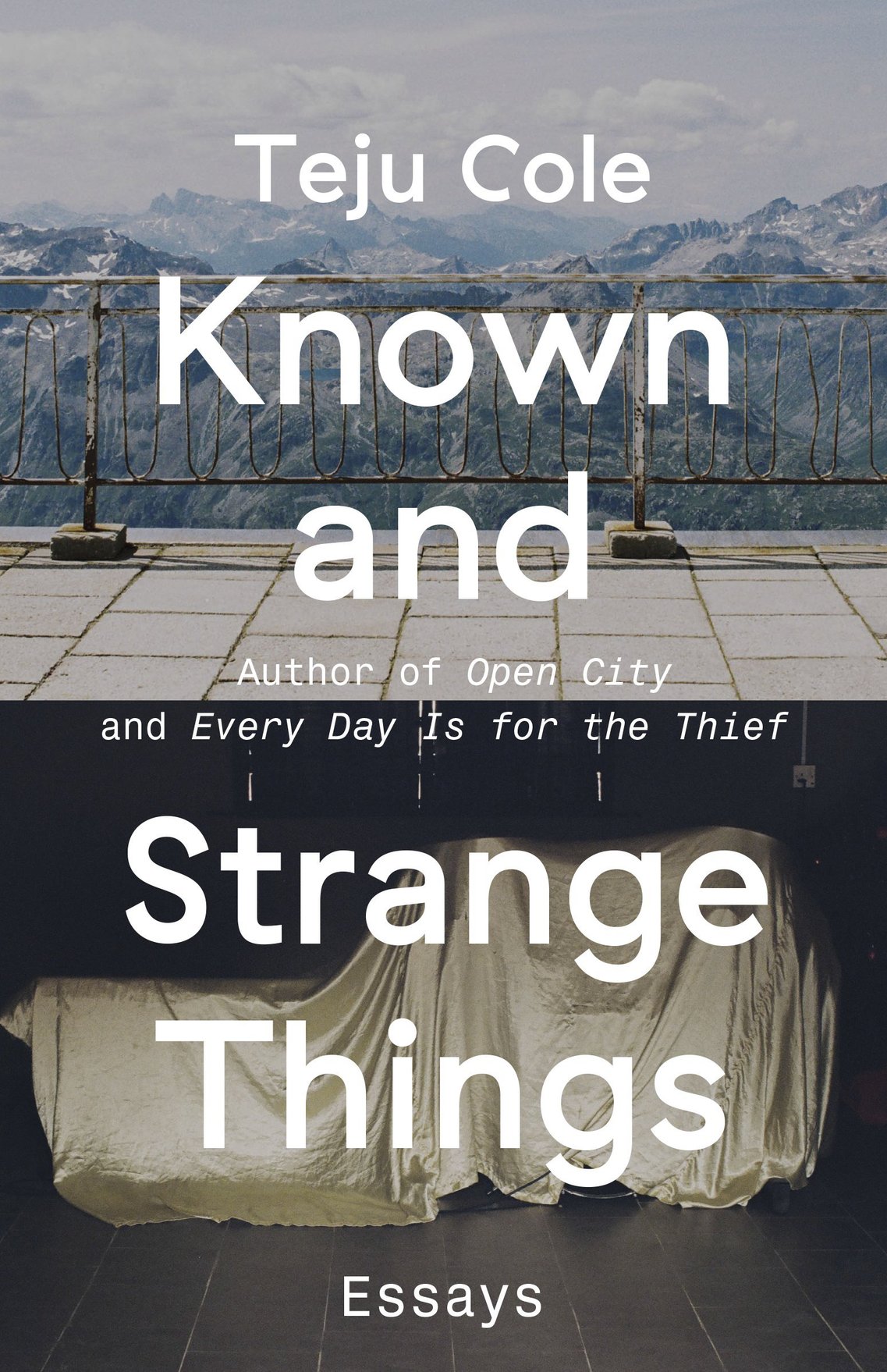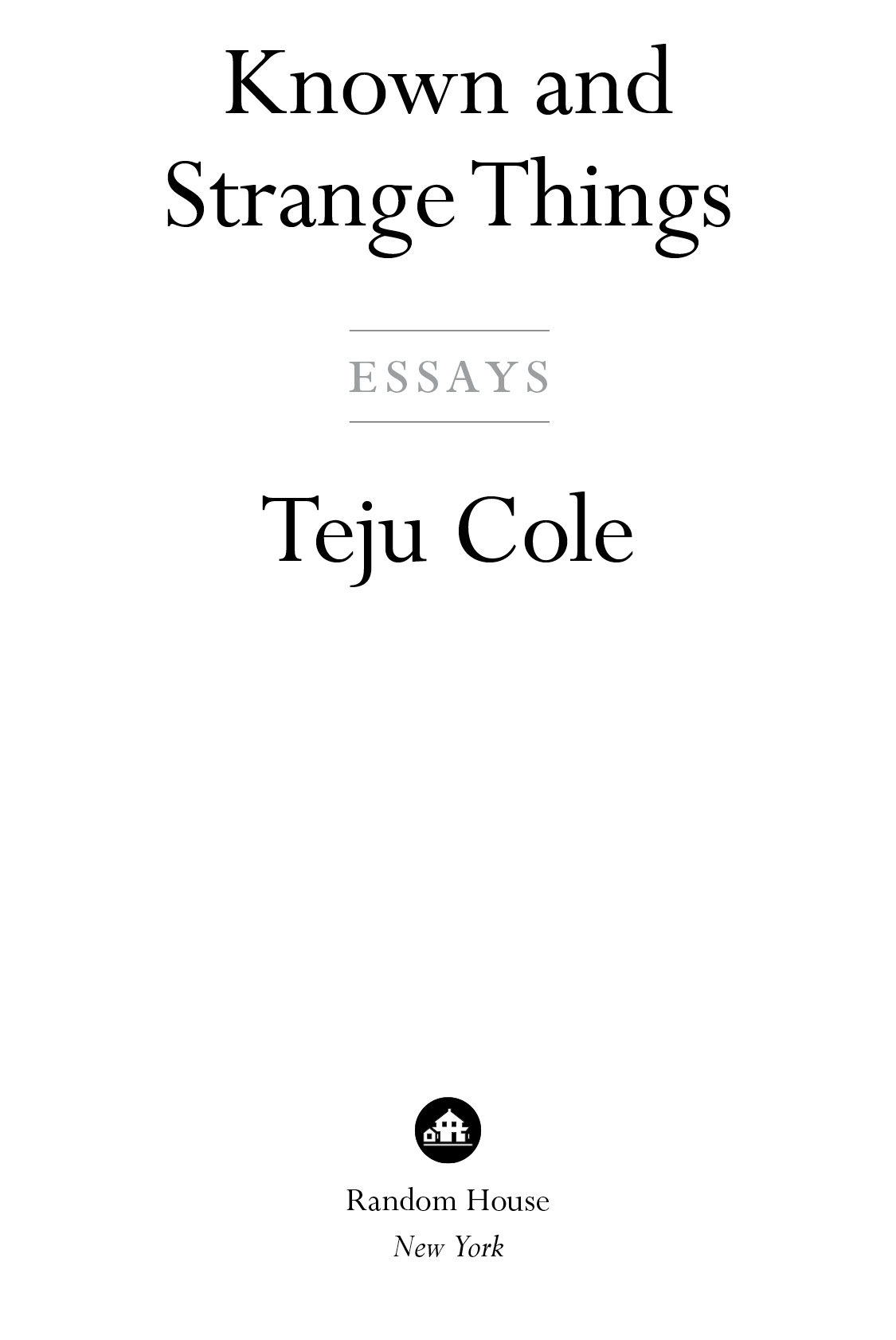This is a work of nonfiction. Some names and identifying details have been changed.
All rights reserved.
Published in the United States by Random House, an imprint and division of Penguin Random House LLC, New York.
R ANDOM H OUSE and the H OUSE colophon are registered trademarks of Penguin Random House LLC.
All of the essays that appear in this work have been previously published in the following publications: The Atlantic, the cassandra pages, Financial Times, Granta, The Guardian, The New Inquiry, The New York Times, and The New York Times Magazine. In addition, Double Negative was originally published as the introduction to Double Negative by Ivan Vladislavi (High Wycombe, Buckinghamshire, England: And Other Stories, 2013), Touching Strangers was originally published as the introduction to Touching Strangers by Richard Renaldi (New York: Aperture, 2014), and Housing Mr. Biswas was originally published as the introduction to A House for Mr. Biswas by V. S. Naipaul (London: Picador Classics, 2016).
Art permission credits are located on .
Text permission credits are located on .
Names: Cole, Teju.
Title: Known and strange things : essays / Teju Cole.
Description: New York : Random House, 2016. | Consists of various essays some previously published in various journals and periodicals on art, literature, and politics.
Classification: LCC PR 9387.9. C 67 A 6 2016 | DDC 824.92dc23
Preface
So. The Spear-Danes in days gone by
and the kings who ruled them had courage and greatness.
We have heard of those princes heroic campaigns.
W HEN I AM trying out a new pen in a shop, I write out the first words of Beowulf as translated by Seamus Heaney. Years ago, I memorized that opening page. After a while, those were the words that came most readily to hand when I was testing the flow of ink. And, once, an attendant in a shop, reading over my shoulder, said: Hey, thats real nice. Did you just make that up right now or?
We are our habits in sum. If someone asks me to say something in Yoruba, almost without thinking about it, I recite a tongue-twister from childhood: Opolopo opolo ni ko mo pe opolopo eniyan lopolo lopolopo. (Many frogs do not know that many people are very intelligent.) During soundcheck at a speech or public event, to test the microphone, instead of singing scales or counting, I start telling Lucian Freuds favorite joke, a joke about bodily fluids that is also notable for not being particularly Freudian in the sense associated with Lucians grandfather Sigmund.
The wife of an alcoholic man had finally reached the end of her patience and said to him, Listen, I cant take this anymore. If you come home drunk one more night, with drink on your breath and vomit all over your shirt, its over. Were getting a divorce. He manages to stay out of trouble for a while, but soon he gets the itch to drink again, and his friends insist that he come out with them that weekend. Usually, by this point, the sound engineers tell me theyve got what they need, and so the joke ends there.
I reiterate Beowulf, I recite my Yoruba tongue-twister, I tell Lucian Freuds joke: we are creatures of private convention. But we are also the ways in which we enlarge our coasts. This book tracks some of my most vital enthusiasms, and even the semi-alert reader will quickly determine which places and writers are my touchstones. But it also registers some first encounters, including encounters with certain things I now consider irreplaceable parts of my life.
The man says, No, my wife has reached the end of her rope. I cant come home drunk anymore. And one of his mates says, Listen, its easy. Just put a twenty in your front pocket. A twenty in my front pocket? What for? So that when you come home, in case youve thrown up on your shirt, you can tell her: Im sober, but some fellow in the pub threw up on my shirt. He was very apologetic, and in fact, whats thisyou bring out the twentyhe gave me a twenty to get the shirt cleaned.
I used to wonder what creative freedom would look like. If I could write about anything I wanted, what would I write about? It has been my immense good fortune to have exactly that opportunity. Through the work I was assigned at various papers and magazines, in response to various occasions and invitations, I was able to follow my nose and think through a wide variety of subjects. The area I returned to most often was photography. But literature, music, travel, and politics were also subjects in which I was deeply absorbed. Through the act of writing, I was able to find out what I knew about these things, what I was able to know, and where the limits of knowing lay.
So this guy thinks, Thats a brilliant idea. That weekend, he goes out with the lads, and they get drunk out of their minds as usual. He staggers home. Hes thrown up on himself. Hes a mess. Shes waited up, and immediately says, Look at you, youre disgusting, you lack self-control, its over. Wait, wait, he sputters. At this point, the sound engineers reiterate that they definitely have enough, thanks very much.
This book takes a more flexible approach to essays than most books of its kind. But it is not a compendium of all the nonfiction I have in print over an eight-year period of almost constant writing. It is certainly not an attempt to give a systematic account of all my preoccupations. I have excluded a large number of smaller pieces, a few newspaper columns, and some essays that were too topical for inclusion. In the years covered by these essays, I thought a great deal about poetry, music, and painting, I traveled to dozens of countries, and I engaged with many interesting artists whom I did not write about, or did not write about to my satisfaction.
There is another possible book that contains all that is not in this one. In that book, other habits take center stage, other unfamiliar experiences are recorded, and the jokes are told all the way to the end. That books disadvantage, though, would be its exclusion of what is published here. It would omit these gathered experiences in favor of others. That other book might have a different tenor: it might perhaps be more critical in tone, be more analytical in approach, contain more argumentative opinion. But this book, the one you hold in your hands, though it has all those elements, favors epiphany. I think of Mrs. Ramsays words in To the Lighthouse: Everything seemed possible. Everything seemed right.Of such moments, she thought, the thing is made that endures.
This book contains what I have loved and witnessed, what has seemed right and what has brought joy, what I have been troubled and encouraged by, and what has fostered my sense of possibility and made me feel, as Seamus Heaney wrote, like a hurry through which known and strange things pass.


